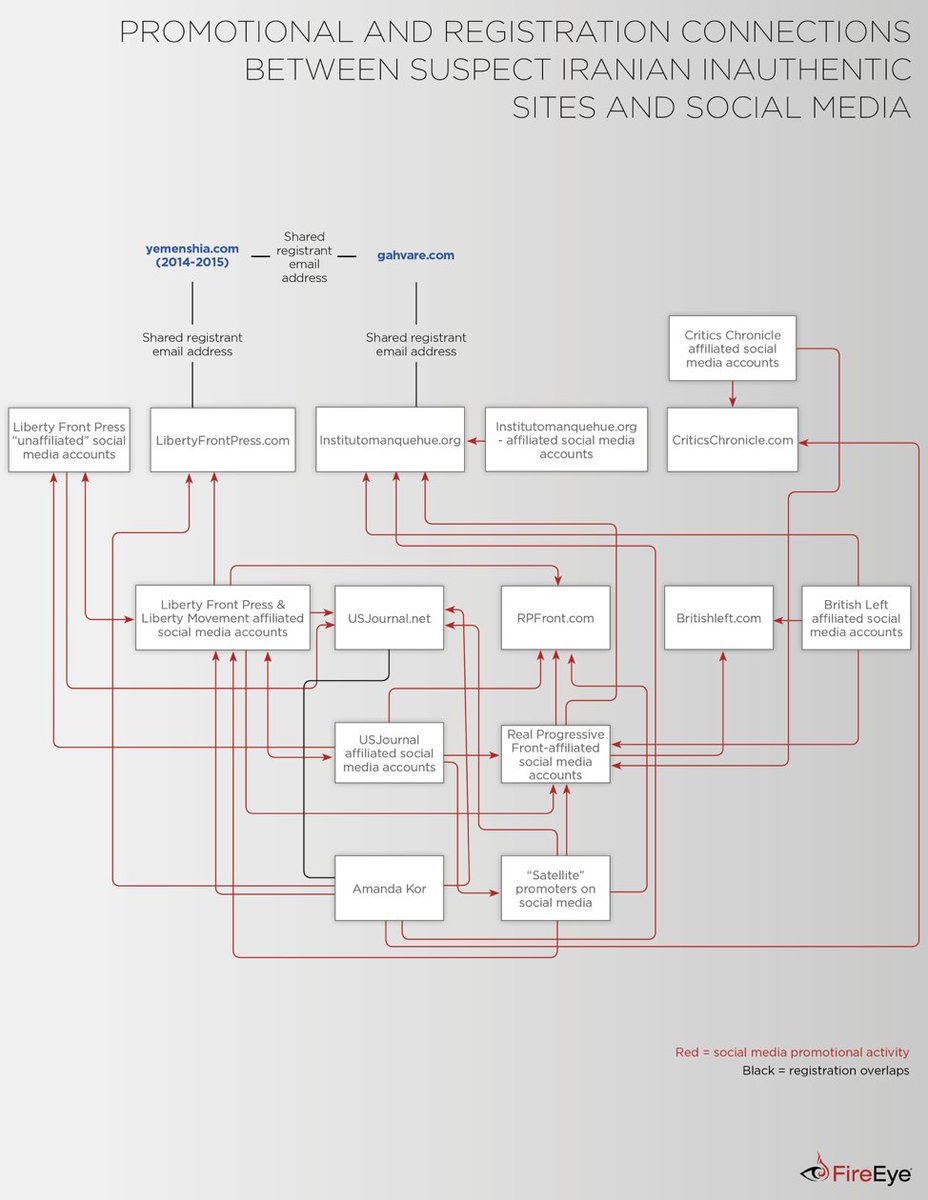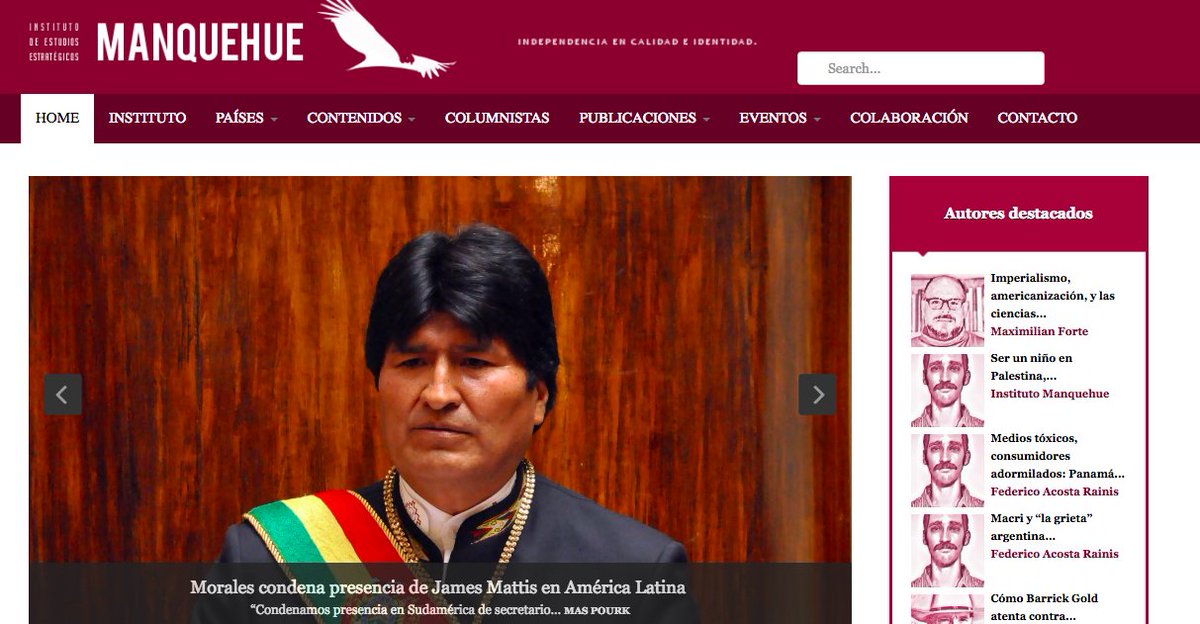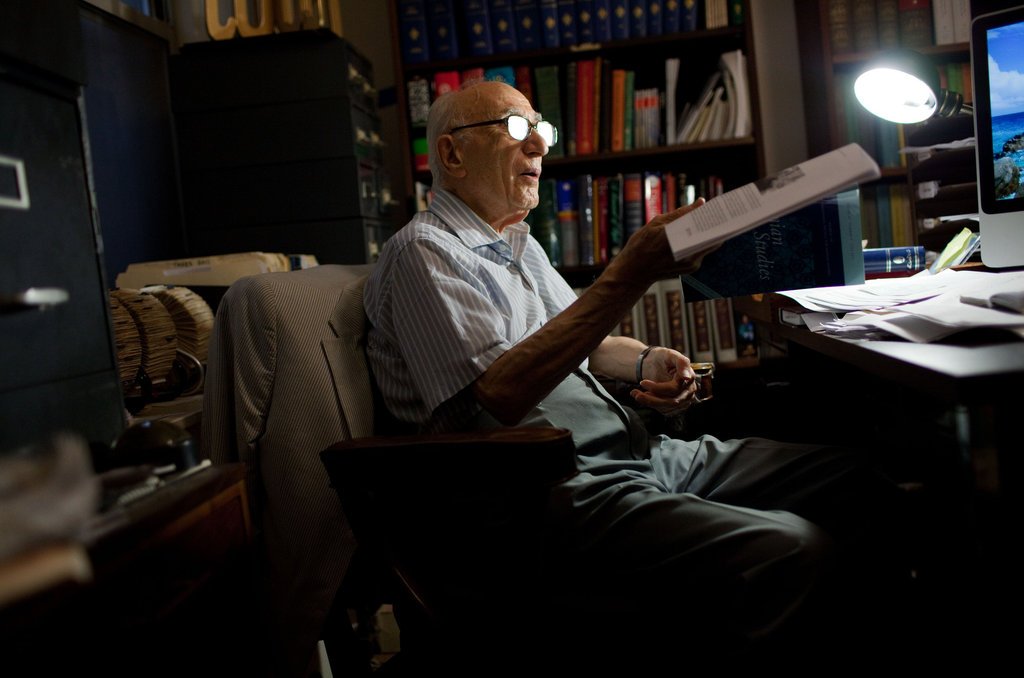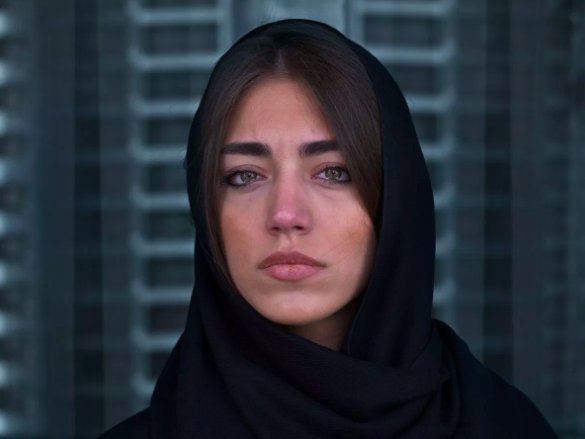1. On Sunday, @SecPompeo will speak at an event to "support Iranian voices." Some in the Iranian-American community see the #Trump administration as allies in bringing secular democracy to #Iran.
As an Iranian-American, I find this so, so troubling.
lobelog.com/pompeo-religio…
As an Iranian-American, I find this so, so troubling.
lobelog.com/pompeo-religio…
2. Most proponents of regime change agree on a vision of #Iran as “a secular, parliamentary democracy" though they are light on specifics. There is something *totally wild* about casting Pompeo as an ally for any political movement that places secularism on a pedestal.
3. You might think Pompeo's anti-Islam views would be what undercuts any claims that he cares about Iran's common people. He has stated, "The threat to America is from people who deeply believe that Islam is the way and the light and the only answer."
vimeo.com/192276878
vimeo.com/192276878
4. Disappointingly, this bigotry, which underpins policies like the #MuslimBan, might even work in his favor. Irreligious Iranian-Americans can share in the hatred of the "mullahs" in Iran, even as the ban hurts their families.
5. But what is worse than Pompeo's view on Islam is that this animosity is rooted in an evangelical worldview—something Iranian-Americans seemingly don't want to admit. This is a man who has described politics as a “a never-ending struggle…until the rapture.”
6. You know who else talks about politics in terms of the End Time? Acolytes of the Islamic Republic. Khomenei once declared: "We place this revolution into the hands of the Mahdi... let this revolution be the first step toward the appearance of The One Whom God Has Preserved!" 

7. The champion of secularism for #Iran is meant to be a man who has for his whole career held weekly Bible studies in government buildings and freaked out CIA staff by bringing "more Jesus" to Langley.
foreignpolicy.com/2017/09/08/mor…
foreignpolicy.com/2017/09/08/mor…
8. The champion of secularism for #Iran is meant to be a man who called the Supreme Court's decision to legalize gay marriage "a shocking abuse of power," declaring it "wrong" and vowing "to continue to fight to protect our most sacred institutions."
washingtonpost.com/news/the-fix/w…
washingtonpost.com/news/the-fix/w…
9. One might say that those are his personal beliefs and that in the US institutions are secular and that is what counts. Well, most of the institutions responsible for failures of governance in #Iran are also secular, as I write in @bopinion.
bloomberg.com/view/articles/…
bloomberg.com/view/articles/…
10. Pompeo presents a double bind. Iranian-American proponents of regime change must either disavow Pompeo as an ally because he exemplifies the same political dogmatism they wish to eliminate from #Iran, or they must concede that institutional reform matters more than ideology.
11. To be clear, any disavowal shouldn't need center on issues of intention or intellectual integrity. This administration has banned Iranians from entering the US while stoking a humanitarian crisis with sanctions. That alone should expose the ruse of "supporting Iranian voices"
12. But if we are going to evaluate the merits of Sunday's speech, we need to put it in the proper context. Pompeo is not a messenger to be trusted, he is not a leader to be emulated, he is not an ally for Iranians in Iran nor in the diaspora.
13. To adapt a revolutionary slogan about Iran being beholden to neither East nor West, the Iranian-American community must declare, “Neither Trump nor Khamenei: independent advocacy.”
14. Sunday's speech is yet another capitulation in our community. Until a real independence is found in our advocacy, any calls for secularism and democracy in Iran will continue to be tainted by those to whom Iranian-Americans weakly turn towards for validation (and funding).
• • •
Missing some Tweet in this thread? You can try to
force a refresh








